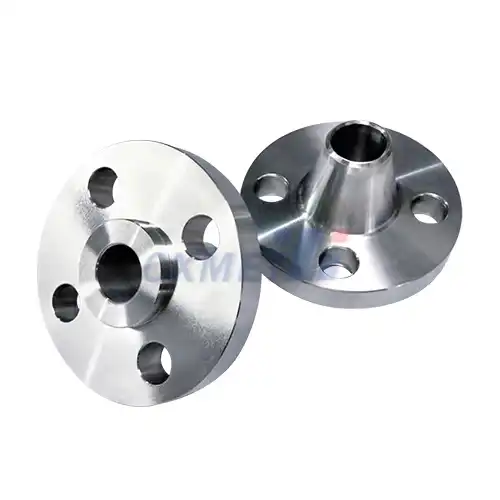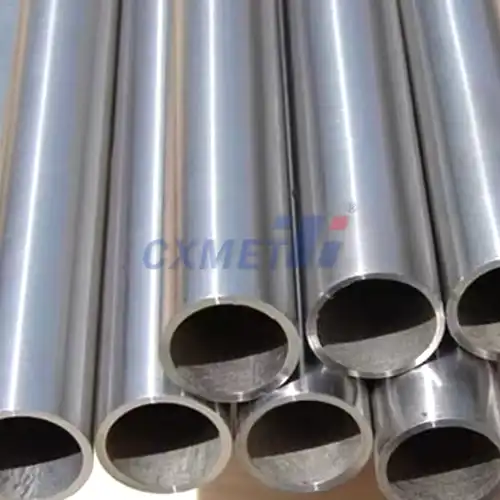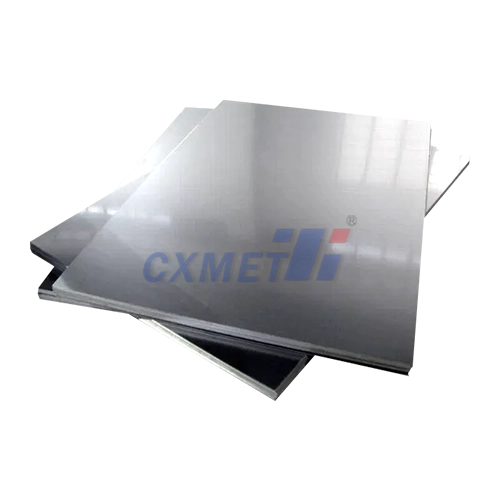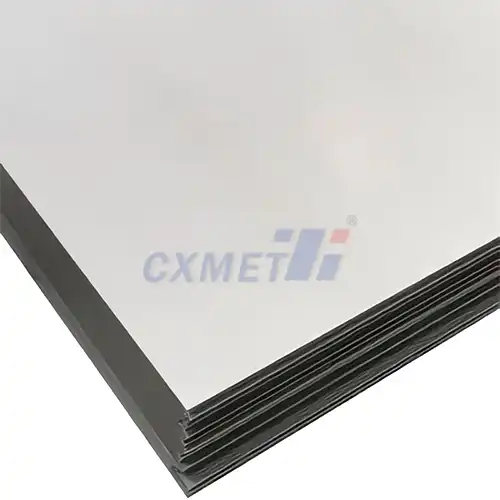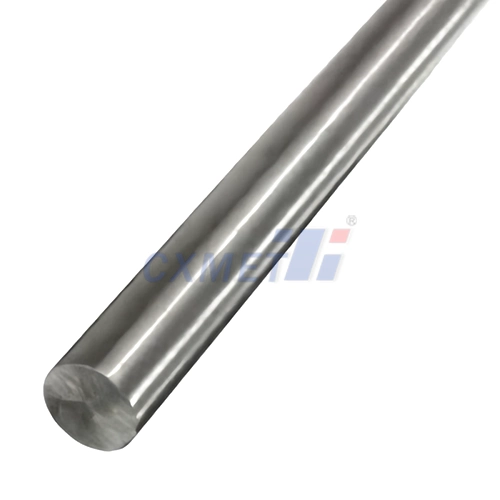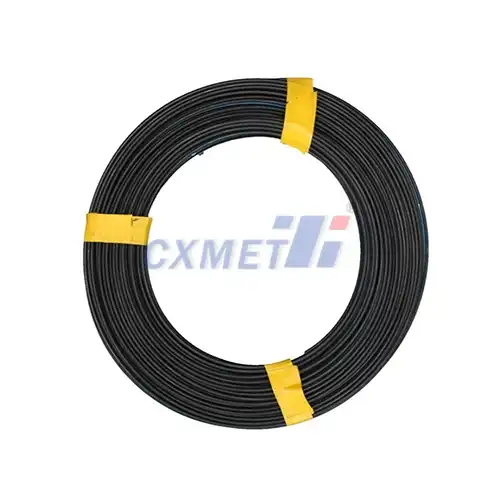- English
- French
- German
- Portuguese
- Spanish
- Russian
- Japanese
- Korean
- Arabic
- Greek
- German
- Turkish
- Italian
- Danish
- Romanian
- Indonesian
- Czech
- Afrikaans
- Swedish
- Polish
- Basque
- Catalan
- Esperanto
- Hindi
- Lao
- Albanian
- Amharic
- Armenian
- Azerbaijani
- Belarusian
- Bengali
- Bosnian
- Bulgarian
- Cebuano
- Chichewa
- Corsican
- Croatian
- Dutch
- Estonian
- Filipino
- Finnish
- Frisian
- Galician
- Georgian
- Gujarati
- Haitian
- Hausa
- Hawaiian
- Hebrew
- Hmong
- Hungarian
- Icelandic
- Igbo
- Javanese
- Kannada
- Kazakh
- Khmer
- Kurdish
- Kyrgyz
- Latin
- Latvian
- Lithuanian
- Luxembou..
- Macedonian
- Malagasy
- Malay
- Malayalam
- Maltese
- Maori
- Marathi
- Mongolian
- Burmese
- Nepali
- Norwegian
- Pashto
- Persian
- Punjabi
- Serbian
- Sesotho
- Sinhala
- Slovak
- Slovenian
- Somali
- Samoan
- Scots Gaelic
- Shona
- Sindhi
- Sundanese
- Swahili
- Tajik
- Tamil
- Telugu
- Thai
- Ukrainian
- Urdu
- Uzbek
- Vietnamese
- Welsh
- Xhosa
- Yiddish
- Yoruba
- Zulu
What Industries Use Titanium Grade 2 Round Bar?
2025-04-14 17:08:19
Titanium Grade 2 Round Bar is a versatile and highly sought-after material in various industries due to its exceptional properties. This commercially pure titanium grade offers an excellent combination of strength, corrosion resistance, and formability, making it suitable for a wide range of applications. In this blog post, we'll explore the industries that utilize Titanium Grade 2 Round Bar and delve into its specific uses within these sectors.
|
|
|
How is Titanium Grade 2 Round Bar used in the aerospace industry?
The aerospace industry is one of the primary consumers of Titanium Grade 2 Round Bar, utilizing its unique properties to enhance aircraft performance and safety. This material's high strength-to-weight ratio makes it an ideal choice for various components in both commercial and military aircraft.
In commercial aviation, Titanium Grade 2 Round Bar is used in the construction of structural elements such as wing spars, fuselage frames, and landing gear components. These parts benefit from the material's excellent fatigue resistance and ability to withstand extreme temperatures. Additionally, the corrosion resistance of Titanium Grade 2 helps protect aircraft from the harsh environmental conditions encountered during flight, including exposure to saltwater and varying atmospheric pressures.
Military aircraft manufacturers also rely heavily on Titanium Grade 2 Round Bar for critical components. It is used in the production of missile casings, hydraulic systems, and engine parts. The material's high strength and low weight contribute to improved maneuverability and fuel efficiency, which are crucial factors in military aviation.
Space exploration is another area within the aerospace industry where Titanium Grade 2 Round Bar finds extensive use. Spacecraft and satellite manufacturers employ this material in the construction of structural components, propulsion systems, and heat shields. The ability of Titanium Grade 2 to maintain its properties in extreme temperatures and vacuum conditions makes it an excellent choice for space applications.
Furthermore, the aerospace industry utilizes Titanium Grade 2 Round Bar in the manufacturing of various fasteners, bolts, and connectors. These components benefit from the material's resistance to corrosion and its compatibility with composite materials, which are increasingly used in modern aircraft construction.
What role does Titanium Grade 2 Round Bar play in the marine industry?
The marine industry is another significant consumer of Titanium Grade 2 Round Bar, taking advantage of its exceptional corrosion resistance in saltwater environments. This material is widely used in shipbuilding, offshore oil and gas platforms, and various marine equipment applications.
In shipbuilding, Titanium Grade 2 Round Bar is employed in the construction of hull components, propeller shafts, and other parts exposed to seawater. The material's resistance to pitting and crevice corrosion helps extend the lifespan of these components, reducing maintenance costs and improving overall vessel reliability. Additionally, the lightweight nature of titanium contributes to improved fuel efficiency and increased payload capacity for ships.
Offshore oil and gas platforms rely on Titanium Grade 2 Round Bar for various critical components. It is used in the fabrication of heat exchangers, piping systems, and pump components that are constantly exposed to corrosive seawater and harsh chemicals. The material's ability to withstand these aggressive environments while maintaining its structural integrity makes it an ideal choice for such applications.
Marine research and exploration equipment also benefit from the use of Titanium Grade 2 Round Bar. Submersibles, remotely operated vehicles (ROVs), and underwater sensor systems often incorporate this material in their construction. Its corrosion resistance and high strength-to-weight ratio allow for the creation of durable and efficient equipment capable of operating at great depths and in challenging underwater conditions.
The desalination industry, which is closely linked to marine applications, utilizes Titanium Grade 2 Round Bar in the construction of desalination plants. The material's excellent resistance to saltwater corrosion makes it suitable for use in heat exchangers, pumps, and piping systems within these facilities. This helps ensure the longevity and efficiency of desalination operations, contributing to the production of clean water for coastal communities.
|
0 |
|
How is Titanium Grade 2 Round Bar utilized in the medical industry?
The medical industry is another significant user of Titanium Grade 2 Round Bar, taking advantage of its biocompatibility, corrosion resistance, and strength. This material plays a crucial role in the development of various medical devices, implants, and surgical instruments.
One of the primary applications of Titanium Grade 2 Round Bar in the medical field is the manufacturing of orthopedic implants. Hip and knee replacements, bone plates, and screws are often made from this material due to its excellent compatibility with human tissue and its ability to promote osseointegration. The low elastic modulus of Titanium Grade 2, which is closer to that of human bone compared to other metals, helps reduce stress shielding and promotes better healing.
Dental implants are another area where Titanium Grade 2 Round Bar is extensively used. The material's biocompatibility and corrosion resistance make it an ideal choice for creating strong and long-lasting dental prosthetics. Titanium implants integrate well with the jawbone, providing a stable foundation for artificial teeth and helping to maintain oral health.
Surgical instruments and medical equipment also benefit from the use of Titanium Grade 2 Round Bar. The material's high strength-to-weight ratio allows for the creation of lightweight yet durable instruments, improving precision and reducing surgeon fatigue during lengthy procedures. Additionally, the corrosion resistance of Titanium Grade 2 ensures that these instruments can withstand repeated sterilization processes without degradation.
In the field of cardiovascular medicine, Titanium Grade 2 Round Bar is used in the production of heart valve components, pacemaker casings, and vascular stents. The material's biocompatibility and resistance to body fluids make it suitable for long-term implantation, while its strength ensures the reliability of these critical devices.
The medical imaging industry also utilizes Titanium Grade 2 Round Bar in the construction of X-ray equipment and MRI machines. The material's non-magnetic properties make it particularly useful in MRI applications, where it can be used for structural components without interfering with the imaging process.
In conclusion, Titanium Grade 2 Round Bar plays a vital role in numerous industries, including aerospace, marine, and medical sectors. Its unique combination of properties, such as high strength-to-weight ratio, excellent corrosion resistance, and biocompatibility, make it an invaluable material for a wide range of applications. As technology advances and new challenges emerge, the demand for Titanium Grade 2 Round Bar is likely to continue growing, driving innovation and improving performance across these industries.
At SHAANXI CXMET TECHNOLOGY CO., LTD, we take pride in our extensive product range, which caters to diverse customer needs. Our company is equipped with outstanding production and processing capabilities, ensuring the high quality and precision of our products. We are committed to innovation and continuously strive to develop new products, keeping us at the forefront of our industry. With leading technological development capabilities, we are able to adapt and evolve in a rapidly changing market. Furthermore, we offer customized solutions to meet the specific requirements of our clients. If you are interested in our products or wish to learn more about the intricate details of our offerings, please do not hesitate to contact us at sales@cxmet.com. Our team is always ready to assist you.
|
|
|
References
1. ASTM International. (2021). ASTM B348 - Standard Specification for Titanium and Titanium Alloy Bars and Billets.
2. Boyer, R., Welsch, G., & Collings, E. W. (1994). Materials Properties Handbook: Titanium Alloys. ASM International.
3. Donachie, M. J. (2000). Titanium: A Technical Guide. ASM International.
4. Froes, F. H. (2015). Titanium: Physical Metallurgy, Processing, and Applications. ASM International.
5. Lutjering, G., & Williams, J. C. (2007). Titanium (Engineering Materials and Processes). Springer.
6. Peters, M., Hemptenmacher, J., Kumpfert, J., & Leyens, C. (2003). Titanium and Titanium Alloys: Fundamentals and Applications. Wiley-VCH.






